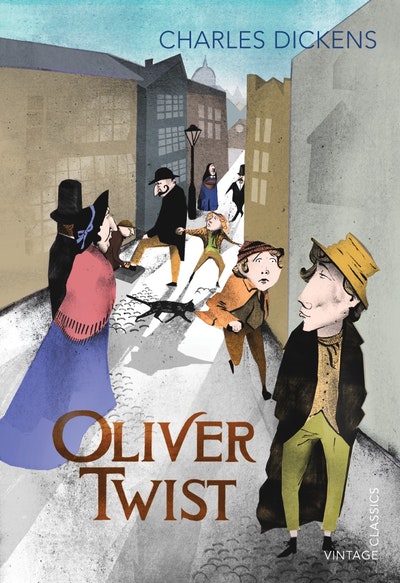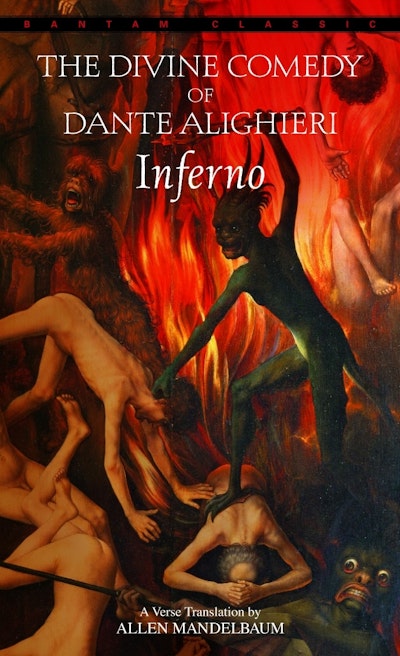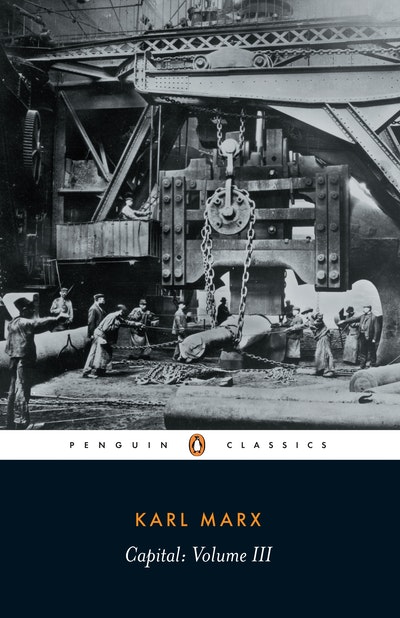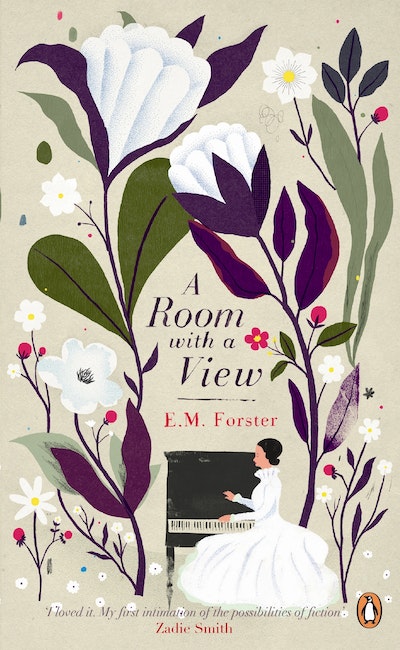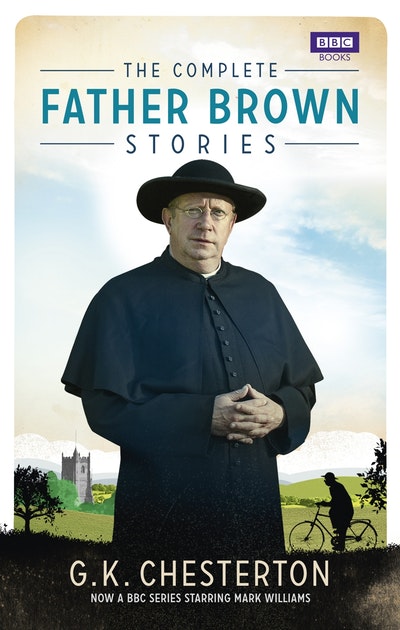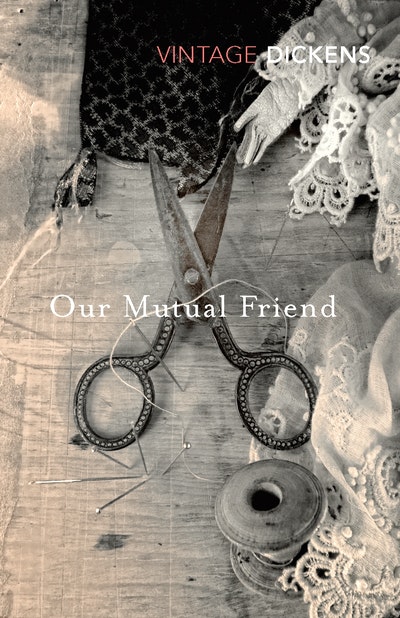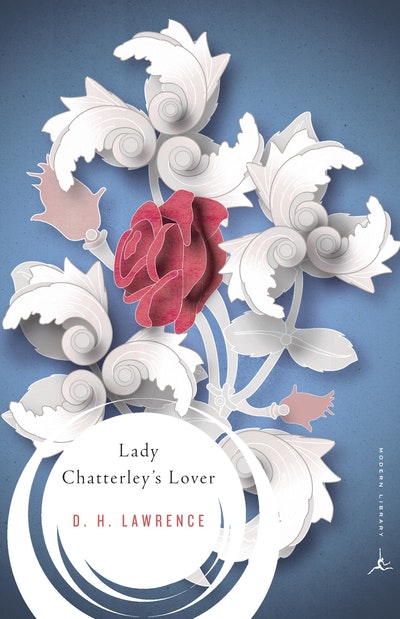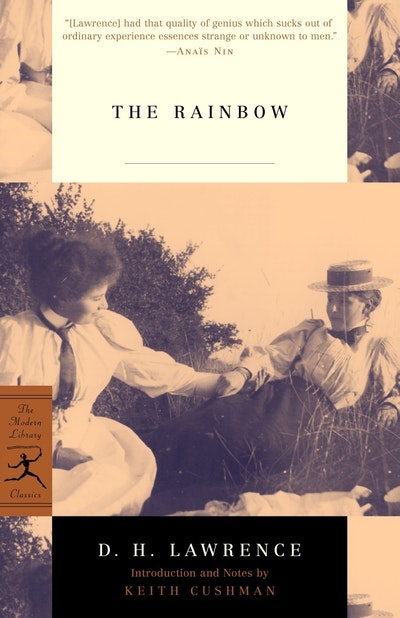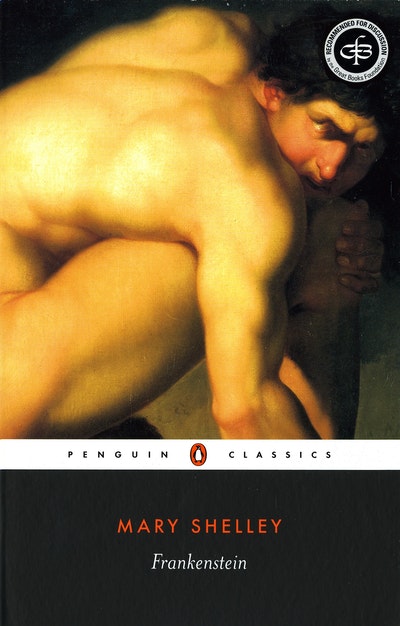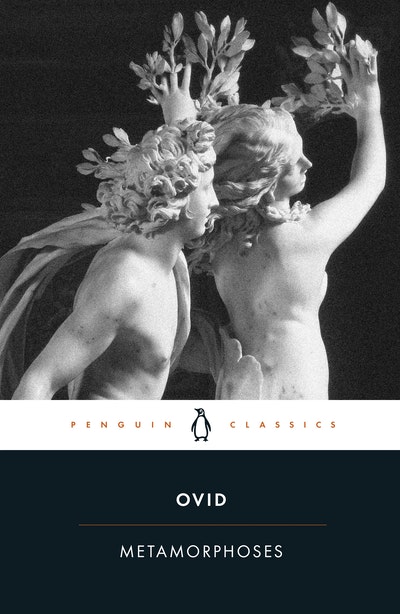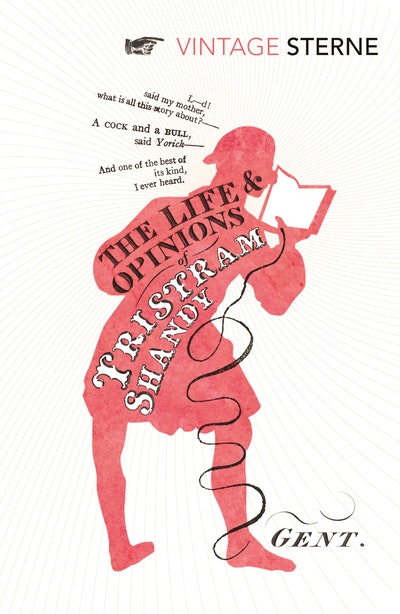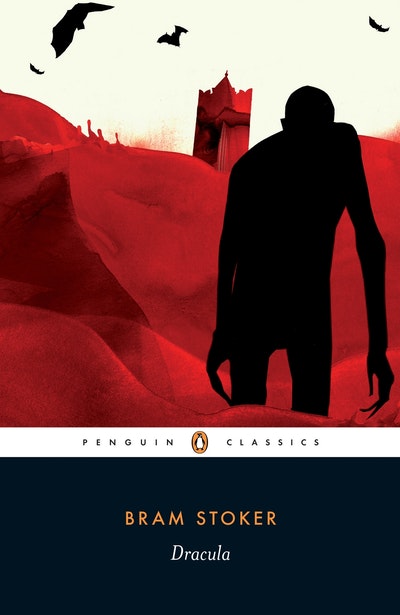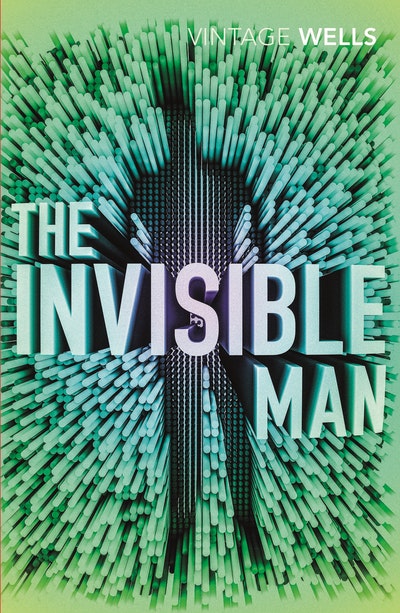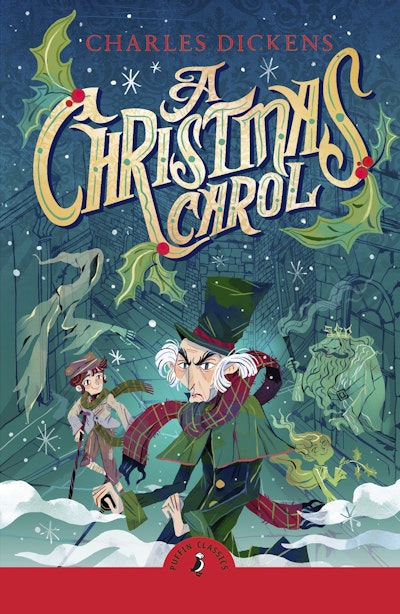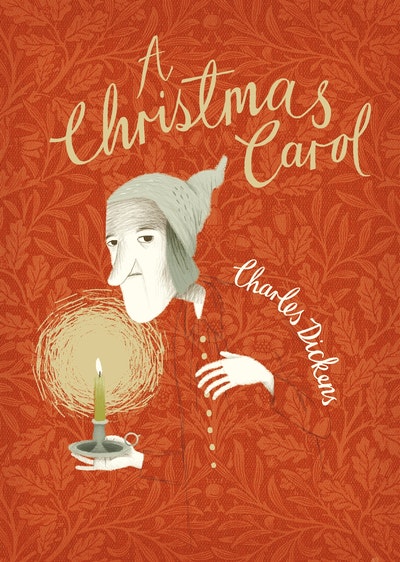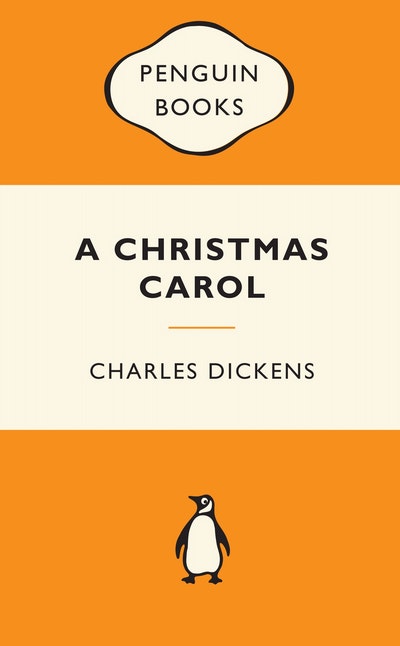- Published: 1 August 2013
- ISBN: 9780099582632
- Imprint: Vintage Children's Classics
- Format: Paperback
- Pages: 736
- RRP: $21.00
Oliver Twist
Oliver Twist: orphan, trainee pickpocket, good boy. Elbow your way through the streets of Victorian London with Dicken's most enduring child character
‘Look here! Here’s a jolly life! What’s the odds where it comes from?’
Meet the Artful Dodger, as roistering and swaggering a young gentleman as ever stood four foot six. With him, you’ll run down the dirty backstreets of London to be entertained by the Respectable Old Gentleman and his brood of thieves and pickpockets. Fagin will bring you to ‘the trade’, and make something of you, something profitable.But there’s something about the young orphan Oliver that’s too good for this dark and dangerous world – can he ever escape its clutches?
Includes exclusive material: In ‘The Backstory’ you can learn more about Oliver Twist’s London!
Vintage Children’s Classics is a twenty-first century classics list aimed at 8-12 year olds and the adults in their lives. Discover timeless favourites from The Jungle Book and Alice’s Adventures in Wonderland to modern classics such as The Boy in the Striped Pyjamas and The Curious Incident of the Dog in the Night-Time.
- Published: 1 August 2013
- ISBN: 9780099582632
- Imprint: Vintage Children's Classics
- Format: Paperback
- Pages: 736
- RRP: $21.00
Other books in the series
About the author
Charles Dickens was born in Hampshire on February 7, 1812. His father was a clerk in the navy pay office, who was well paid but often ended up in financial troubles. When Dickens was twelve years old he was send to work in a shoe polish factory because his family had been taken to the debtors' prison. His career as a writer of fiction started in 1833 when his short stories and essays began to appear in periodicals. The Pickwick Papers, his first commercial success, was published in 1836. The serialisation of Oliver Twist began in 1837. Many other novels followed and The Old Curiosity Shop brought Dickens international fame and he became a celebrity in America as well as Britain. Charles Dickens died on 9 June 1870. He is buried in Westminster Abbey.
Related titles
Praise for Oliver Twist
He flings together characters from every walk of life into dazzling, swarming, state-of-the city narratives. In his London the rich cannot escape the poor, and the do-gooders and swindlers quaff ale elbow-to-elbow. The inanimate actors are as vivid as the living: the miserable workhouse that harboured Oliver Twist is no less legendary than the poor, begging boy himself or his criminal chum, the Artful Dodger
Economist
It was first ingrained into my mind thanks to a starring role in the school musical. Appetite whetted, I explored the source material and found beyond the ditties I knew were words full of power and illustration, as Dickens intended
Dillon Khan, YA author
The poor boy's life had the author's desired impact on me. Was life really that bad for children in the past? But in true Dickens style, the happy ending came, and I returned it to the library content.
Sufiya Ahmed, YA author
We sit entranced at Dickens' feet, safe in his stories; and when we come out, we have tools to help us guard against the dark
Daily Telegraph
